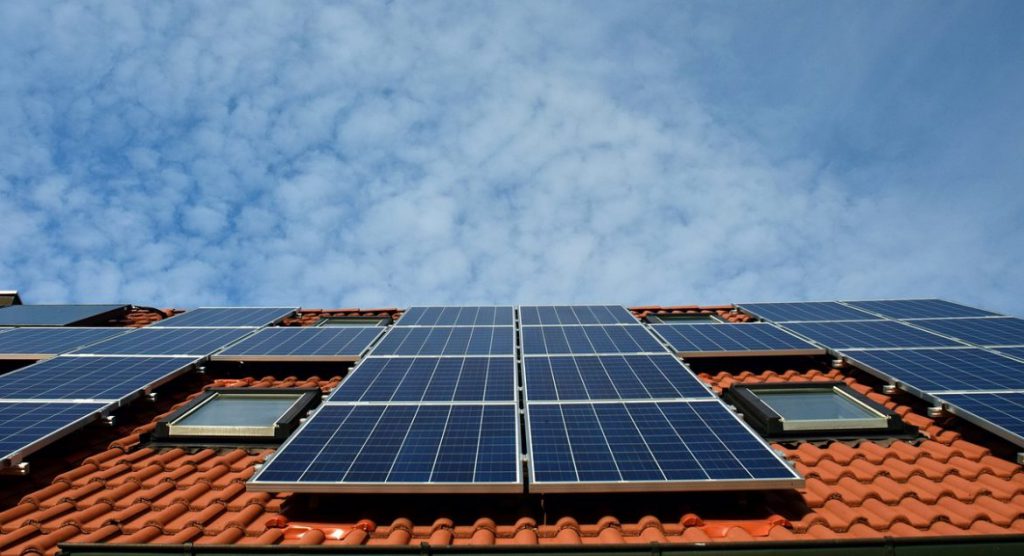Key Things to Consider in 2023 When Looking for Solar Panel Manufacturers
In today’s market, there are thousands of solar panel manufacturers available. The decision to purchase a solar panel should be focused on the study of factors such as the solar panel technology to be used, the selection of the ideal panel manufacturer, the qualification of the panel, its operating requirements, the performance impact of the variance, and the quality of the panel.
Critical criteria to consider for the Evaluation of Solar Panels
Choosing the right technology: It’s not just about the price
Solar panels can be categorized into two groups depending on the cell structure: crystalline silicon and amorphous silicon or thin-film. The solar panels of crystalline silicon can be further classified as mono-crystalline and polycrystalline.
For choosing one technology over the other, there is no fixed procedure. Generally, the option of solar panel technology depends on the space available for installation and the general cost of the project. Using crystalline silicon panels can increase the cost of the panel, but decrease the cost of the Balance of System (BOS), which includes all components of a solar power plant other than solar panels, such as ground, panel mounting systems, cables, power conditioning units, etc. The thin-film version is cheaper and decreases the cost of the panel, but increases the cost of the BOS.
Warranty represents value only if the manufacturer is capable of supporting the same
To ensure the business can endure the fluctuations experienced in a highly competitive solar panel industry, it is often best to choose a financially sound manufacturer. On this front, as they are expected to have the capital to allow them to absorb the aftereffects or fallouts of catastrophic manufacturing defects, a publicly listed business will represent a preferred option. If presented with a similar challenge, a small manufacturer is unlikely to have the capital to provide such a service.
Certification requirements: Tap into the Available Subsidies
The plant needs to comply with certain certification criteria for off-grid or stand-alone solar systems and grid-connected rooftop PV or other small solar power plants in order to benefit from the financial incentives under JNNSM. For state-level benefits, Rajasthan has the same certification requirements for solar panels as JNNSM, though Gujarat’s 2009 Solar Policy specifies technical requirements for power plant power plants West Bengal requires the components of the solar system to be checked and certified by the approved test center of the Government of India, all of which are similar in nature to those specified by the JNNSM.
Negative tolerance: This can lead to lower performance of the system and decreased capability
The deviation from the designated specification is the negative tolerance rating of the solar panel. For example, for 95W power generation, a 5 percent negative rating panel with a 100W label is warranted. In the case of large power systems where several panels are connected in series to each other to produce high power, this parameter is very critical and the output of one panel will reduce the performance of the entire system.
Performance of Solar Panels under various conditions and over time
The performance of the solar panel allows you to understand the solar panel’s scale. The higher the efficiency, the lower the panel would be relative to the same low-efficiency wattage panel. The other benefit of high-efficiency solar panels is their slightly improved performance under low light conditions. If you have ample installation space, since other performance parameters are equivalent to the higher efficiency panel, you should consider low-efficiency panels.
Keep this information in mind when selecting a solar panel manufacturer and you will get better clarity while choosing. Get in touch with Citizen Solar and find the best that you are looking for.

